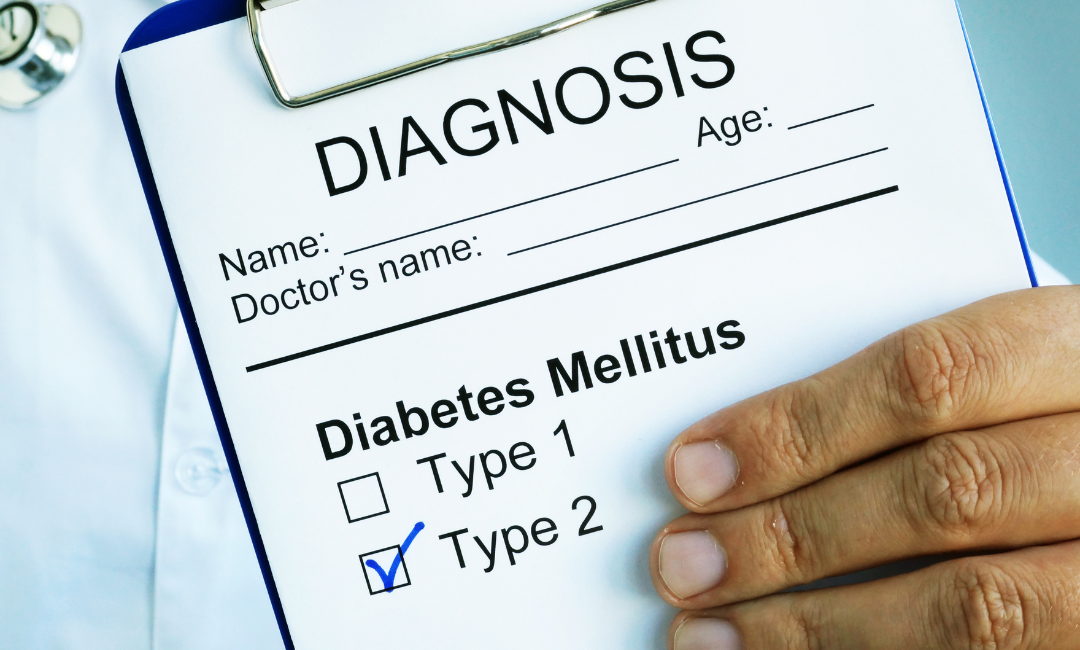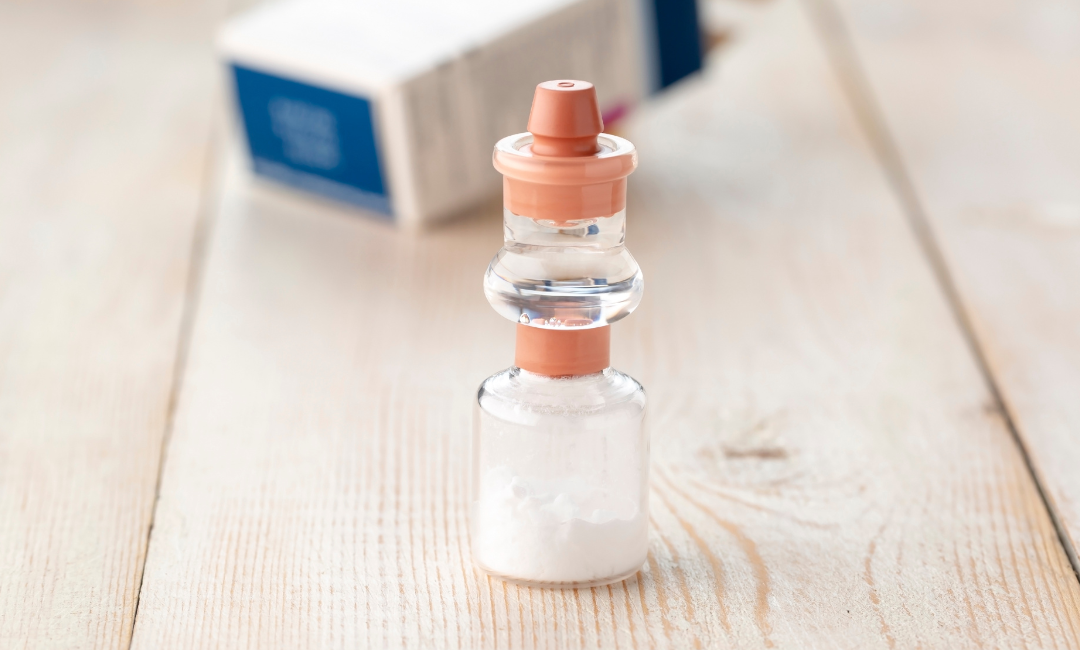Proton Pump Inhibitors
Proton pump inhibitors (PPIs) are commonly used drugs to relieve gastric distress. The gastrointestinal tract is a long, hollow, and muscular tube that consists of the pharynx, esophagus, stomach, and small and large intestines. Its primary functions are to digest and absorb foods and fluids and excrete metabolic waste.
If the patient develops ulcers in the gastrointestinal tract or has acidity, the healthcare providers might prescribe a proton pump inhibitor to relieve its symptoms.
Proton pump inhibitors block the last step in gastric acid secretion. It combines with hydrogen, potassium, and adenosine triphosphate in the parietal cells of the stomach.
Proton pump inhibitors bind to the activated proton pump on the apical membrane of parietal cells. They inhibit acid secretion into the gastric lumen. Therefore, commonly used in the treatment of health conditions, such as:
- gastric and duodenal ulcers
- gastroesophageal reflux disease (GERD)
- pathologic hypersecretory conditions.
The common examples of proton pump inhibitors include:
- esomeprazole
- lansoprazole
- omeprazole
- pantoprazole
- rabeprazole
Here in this article, we will briefly discuss each proton pump inhibitor, its indications, doses, and dosage forms with the nursing processes.









